Reproductive biology
Discover in depth the biological processes related to fertilization, embryo implantation and all aspects affecting human reproductive biology.
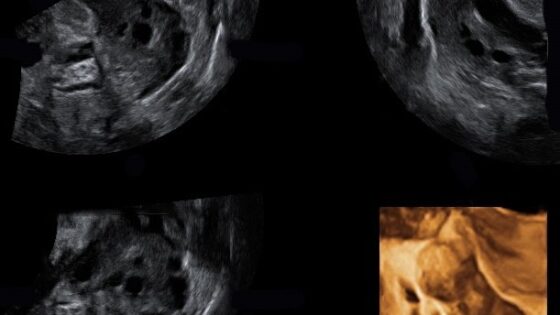
The risk of ectopic pregnancy following in vitro fertilisation (IVF)
An ectopic pregnancy is a pregnancy that occurs outside the uterus. The most common place for this to happen is in the Fallopian tubes and it impedes progress of the pregnancy. In vitro fertilisation was traditionally believed to […]
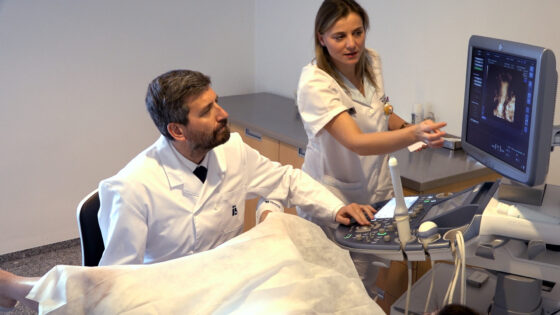
What can we see in ultrasound scans: follicles or oocytes?
Mistaking ovarian follicles for oocytes is one of the most common errors made by patients. During ovarian stimulation, whether this is for regulating ovulation for insemination or for in vitro fertilisation, patients are administered different types of medicines depending on each […]
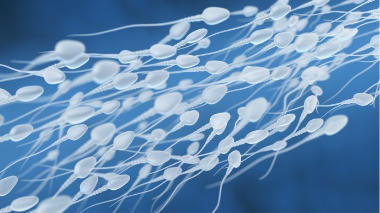
IMSI, does it improve the results?
IMSI, or Intracytoplasmic morphologically selected sperm injection, is a technique that became popular over a decade ago. It uses a very high-power microscope to examine and select the sperm that will then be introduced in the egg […]
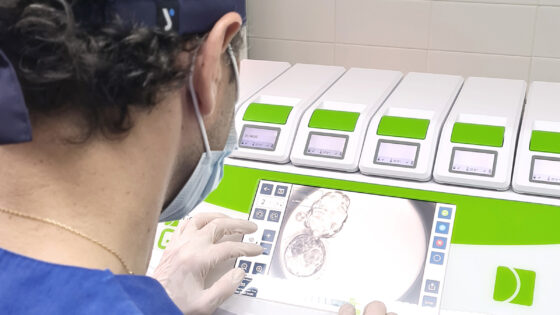
How can the best spermatozoon for fertilising an egg be selected?
Selection of the spermatozoon capable of fertilising an egg and generating a viable embryo is a subject that has been covered in a great number of studies aiming to provide this question with an answer. […]
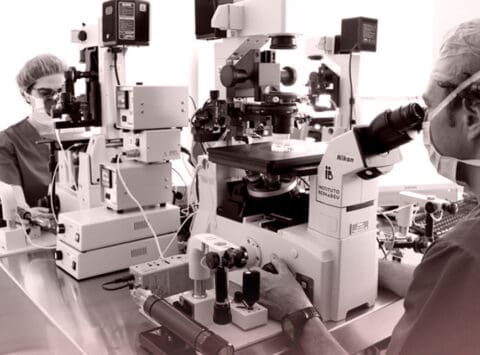
When can I find out how many of my ova have fertilised?
Ova and spermatozoa are needed in order to be able to perform in vitro fertilisation treatment. They are taken to the in vitro fertilisation laboratory so that, once they have been appropriately prepared, they can be joined […]
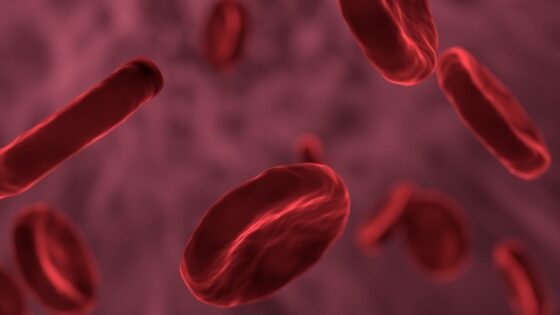
Rh incompatibility: could it affect my baby during pregnancy?
A person’s blood group is determined by a number of proteins that are found on the surface of red blood cells. There are 4 main blood groups depending on if these proteins are present or […]
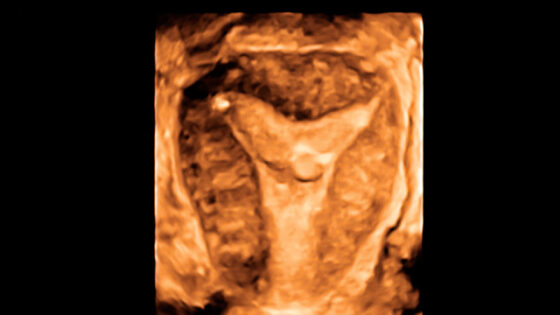
Absent uterus or Mayer-Rokitansky-Küster-Hauser syndrome: what can I do?
Mayer-Rokitansky-Küster-Hauser syndrome – or simply MRKH syndrome – is a congenital disorder (birth defect), the main characteristic of which is that the women who suffer from it do not have a uterus. The cause of this infrequent […]
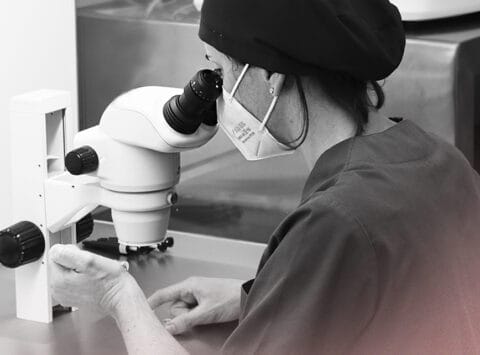
Is the EmbryoGlue® culture medium that is used during embryo development efficient?
The embryo transfer procedure is one of the most crucial and decisive procedures carried out during an in vitro fertilisation (IVF) treatment. For this process to be successful, the culture media in which the embryos […]
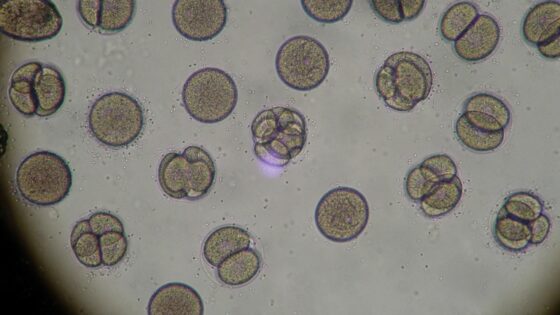
What happens to excess embryos following assisted reproduction treatment?
When in vitro fertilisation treatment commences, one of the aims is to try and achieve an appropriate number of good quality embryos in the laboratory so that the best ones can be selected and transferred. Whilst the Spanish law […]
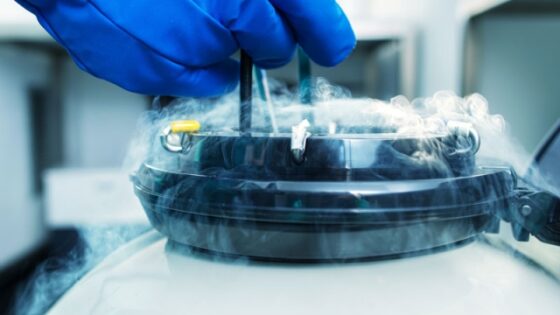
Can patients manage embryo and gamete transportation?
Whilst it is not part of the day-to-day routine at reproductive medicine clinics, it is now increasingly common to have to transport biological samples (oocytes, semen or embryos) from one clinic to another and even […]
